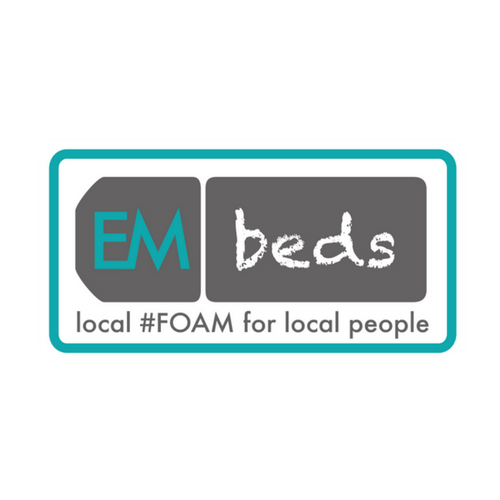Remember to complete ReACT or CAMHS assessment tools on EPR
Background
Many patients present to the emergency department with conditions which give rise to risk of physical injury, either to themselves or others. These include, but are not limited to:
- Acute Mental Health Disorders
- Dementia/Delirium
- Endocrine disorders (hypoglycaemia)
- Head Injury
- Alcohol Withdrawal
- Learning disability
These conditions can affect both adults and children. There is currently no room which can be deemed ‘safe’for these patients in all circumstances, mainly due to the necessity to have medical equipment available (oxygen, suction etc.). However, with some intervention, the environmental safety can be improved.
Guidance
Identify and treat physical causes of altered mental state.
Patients who have isolated acute mental health problems, should have a risk assessment carried out. For adults this includes the ReACT tool, and for children there is specific CAMHS paperwork. Both of these can be found on EPR.
For patients deemed to be high risk, or otherwise known to have a history of self-harm or violence in the department, careful consideration should be made about the environment they are placed in and any adaptations that might be made to make that as safe as possible.
Consider following:
- Removal of medical equipment
- Removal of light weight furniture
- Whether seated waiting area (quieter, but less visible) or a central cubicle with curtain open (more visible but noisier) is best suited to their needs
- 1:1 nursing observation (escalate to duty Matron if staffing levels are inadequate to provide this)
- Involving family members/friends if there appears to be a good relationship and they are a calming influence
- Asking family members/friends to leave if they appear to be exacerbating the situation
- Checking clothing/bags for objects which may be used to injure self or others
- Whether medical sedation is required
- Use of security if patient requires physical restraint to prevent injury to self or others
All patients with acute mental health conditions should be referred to the mental health liaison team (or CAMHS as per guidance) at the earliest opportunity to ensure timely assessment and advice about management.
